Interview – AC Newman on Get Guilty
– by Shawn Conner
A.C. Newman has just released Get Guilty, his follow-up to his first solo album The Slow Wonder.
This is unapologetic pop with plenty of showy melodic and rhythmic hooks, yet with nothing ever panders. Though the album has barely been out a week, already some people have noted that the title comes from a short story written by Donald Barthelme, a galvanizing figure in America’s post-modernist fiction movement, and that a song title is the same as one of Barthelme’s short story’s.
Coincidentally, just before the interview, I’d finished reading Barthelme’s 1967 novel Snow White, so I felt totally justified in going egghead on the hapless musician, who of course also goes by the name of Carl Newman, and whose day job is frontman for The New Pornographers. But there’s some music stuff, too.
Shawn Conner: How do you listen to music? Do you get a record, listen to it a few times, then add it to shuffle?
A.C. Newman: Oh no, I rarely listen to albums all the way through. There are albums I totally love like Boxer by The National. I don’t think I’ve ever sat down and listened to that album from beginning to end. Every time a song from that album comes on, like on random play, I’m always, “What is this? This is awesome. I love these guys.”
But I’m bad that way. Maybe it’s ADD. At the other end of it, even though these days I don’t feel like I have the attention span to listen to entire albums, I have been doing a lot more reading. Which takes a much larger attention span. The Pornographers were on tour in Europe a year and a few months ago, and I was really jet-lagged and staying up all night, so I sat on the bus all night and just started reading. I really got into the rhythm of it. I thought it helped my writing, too. I think of it as doing mental push-ups, especially for when you’re trying to write lyrics, or prose or poetry.
SC: A glance at the lyrics shows you take the lines in different directions, always avoiding cliche. Is that a process of editing out anything that might seem cheesy?
ACN: I guess it is. Sometimes I think it’s good just to throw in a cliché strategically. Dan Bejar [fellow New Pornographer and Destroyer chief] is good at that. His lyrics will be really strange and obscure, then all of a sudden, he’ll come up with something like “You’ve gotta have faith.” And it totally works in that context. So sometimes I think it’s great to throw in cliches, but I don’t know if I do that that much. There’s one song on the album where in the chorus I just say “Change your mind” [in “The Changeling (Get Guilty)”], which is not even a cliche, it’s just a simple straightforward thing to say. Although I didn’t mean it in the way people traditionally say it.
SC: Well that’s the one that nicks from Donald However-you-say-his-last-name, right?
ACN: It was when I was reading 60 Stories that I came across the phrase “getting guilty,” and just wrote it down, thinking it was interesting. But then I’d already written “The Palace at 4 A.M.” when I came across that story [with the same title], and that was something which I thought was something I completely made up.
Then I later realized it’s also a sculpture by [Alberto] Giacometti, which is in the MOMA. I realized it was a sculpture I’d seen but never knew what it was called. That just made it even weirder.
And I thought maybe that’s where Donald Barthelme got the title from. But that was just a weird coincidence. Now people are going to think my album is a Donald Barthelme concept album. But it’s not, really. Also I kind of hesitate to namedrop authors, because I don’t want people to think I’m trying to pretend to be smart. I’m trying to be smart, not trying to pretend.
SC: I just finished reading Snow White –
ACN: I haven’t read that. How is it?
SC: Well, it’s Barthelme… I mean, is there good/bad Barthelme? It is what it is, kind of hard to read but rewarding.
ACN: Yeah, there are lots of stories where I read them and go, I don’t know what the hell happened there. But then you’ll get a story where you’ll go, this story’s really awesome. Even though I still don’t know what the hell’s going on. And the story, “The Palace at 4 A.M.”, is actually a cool story.
SC: Snow White is a bit of a chore, but when I was finished it stayed with me.
ACN: I find those are usually the best books; the ones that are a real chore to read, they usually just stick with you. I think it’s a rare book that really makes you think and stays with you and yet is very easy to read. Actually, Roberto Bolano‘s kind of like that, though he’s also kind of difficult. I just finished reading [Bolano’s] 2666, which is a pretty amazing book. It took three weeks out of my life to read it. Sometimes it wasn’t that enjoyable, considering like 2, 300 pages of it are basically describing finding the bodies of murdered women. The framing device of the novel is based on the murders in Juarez.
SC: So you’ve been reading a lot of the postmodernists…
ACN: I’ve been trying to home-school myself on all the postmodern greats, or at least the people I always see referenced. Finally I just went shit, I’m tired of seeing Kafka‘s name. That’s why I read Kafka. And I read The Dubliners and Portrait of An Artist as a Young Man because I thought I’ve got to get acquainted with Joyce. Everyone namedrops him. Although, I’m thinking I can’t read Ulysses until I’ve read The Odyssey.
SC: David Foster Wallace?
ACN: You know, that’s much like you stopped reading [Bolano’s] The Savage Detectives after 100 pages, I stopped reading Infinite Jest. I’ve read his short story collection The Girl With Curious Hair, which I really loved. And he was really young when he wrote that, too.
SC: Is it easier to read a lot of these writers in a row, or tougher because you have to learn to read each one differently?
ACN: I do find it a little easier in that you get used to things like these kind of temporal jumps and jumps between characters. Especially with Pynchon, it’s very disorienting; like Gravity’s Rainbow, almost in the first 10 pages you’re like, what the hell is going on? It basically starts with a dream but you don’t know it’s a dream, and then it shifts, and the guy wakes up. But without any narration telling you the guy has woken up. I had to go back and figure it out. I’ve noticed the same thing happens in J.R. by William Gaddis, there’ll be people talking, and no narration saying who said what, so you have to guess who’s talking just by what they say. I appreciate that kind of writing. I feel like following a book like that is making you smarter. It’s making you work.
SC: You wrote a piece on a Red Kross show at the Town Pump years ago, when the band played for about three people, for an anthology of pieces about favourite concerts, The Show I’ll Never Forget.
ACN: The other show that sprang into my mind was actually one month after that show, and that was seeing the Flaming Lips at the Savoy [in Vancouver]. I’m pretty sure the only people there to see them were myself and my friends Warren and Lena, and the place was pretty much empty except for the opening band and the people sitting at the bar. And then they just got onstage and turned on their smoke machine and their bubble machine and their strobe light, and I thought these guys are completely awesome. I’m so glad I got to see them at that point. It’s always a cool to remember a band playing to three people, and then seeing them morph into a band that’s just massively popular and beloved, and to have turned into this bigger than life thing.

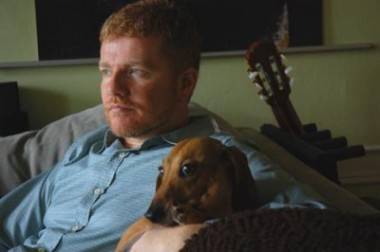
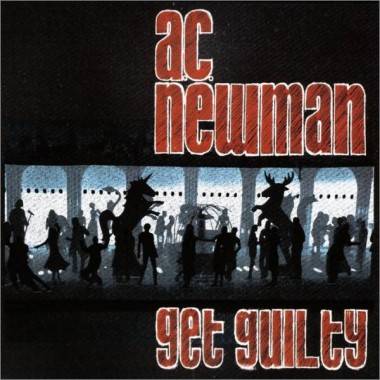
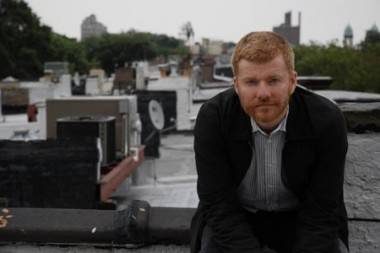

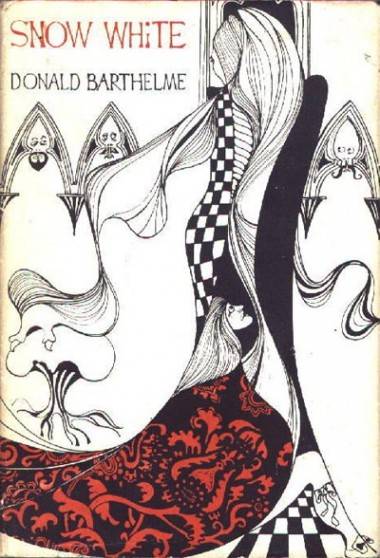
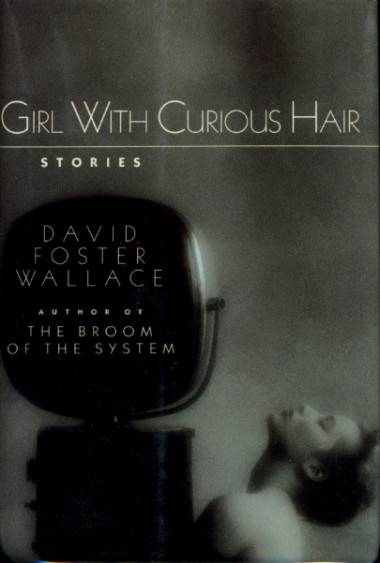

Pingback: The busiest bar night in Winnipeg, pt. II: What he did do « Guttersnipe: Music, Movies, Comics, Books, Fashion